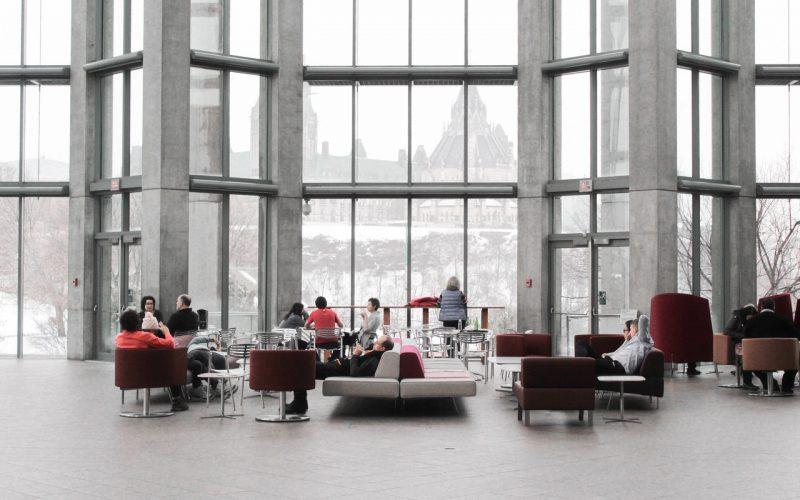
The moment someone says, modular flooring, your mind drags to the memories of classic 80s homes. You are picking the right nerve, but these modular floorings are much more than that. They come in the form of tiles and are perfect all the pre-existing surfaces.
The adaptability of the modular floorings is unmatched. They are as suitable for outdoor surfaces as they are for indoor surfaces. Also, the management of their tiles is effortless; you can easily install/uninstall and relocate it. There is no specific material for these floorings. They are available in a variety of materials; every element has its application. Let’s have a look at these floor materials separately.
Floor Materials
Ever since the inception of this modular flooring technology, varieties of materials have come into the scene. But three elements that still rule the market.
The Poly Vinyl Flooring
Poly Vinyl Chloride flooring is also known as PVC flooring. The tiles of this flooring are not very adamant. They are one of the most flexible pipes that you can find in the market. They are available in very lucrative models and colors. If you limit the discussion to the strength of this modular flooring, it is as strong as conventional wood and other concrete tiles.
If someone does not want to go with conventional options and opt for a better alternative, then PVC is the thing. The flooring has proved its mettle in high traffic locations. It surpasses even concrete when it comes to durability. In open spaces, one thing damages the surface most that are water. But the non-porous nature of the material makes it completely waterproof. That substantiates the craze of PVC in the modular flooring scene.
Linoleum Flooring
The tiles of this flooring are made from a very complicated process by different materials like minerals, wood, and fiber. The carpet is perfect for indoor spaces. It has become a go-to modular flooring for places like cafes, restaurants, libraries, and spas.
The most significant advantage is its resistance to heavy shocks, wears, and stains that refuse to fade away. The installations of linoleum tiles are not as easy as it is for PVC. You need trained professionals to install modular flooring. The finish these tiles offer is matte, but you will hardly see any gloss even with artificial lightings.
Modular Raised Floor
The raised floor surface is a popular modular flooring choice for corporate buildings. Everything from power supply cables, internet wires, air ventilation systems, and other critical technical parts are always under the raised panels.
In a way, it raised floors to do a great job in reducing clutter in commercial buildings and workplaces. The setup of these raised floors is a bit complicated and expensive. Bit considering it is a long term adventure. It is worth the investment. Thanks to its onetime investment; maintenance does not cost much. Not to mention, it is easy to manage and easy to maintain.
Suitable Surfaces
As mentioned, as far as modular flooring is concerned, there is nothing called an ideal surface. For every need, there is a modern flooring setup available. You will come across some places where these floorings are creating the most buzz.
1. Dance training institutions
2. Sports court flooring
3. Garage flooring
4. Shower flooring
5. Basement flooring
Conclusion
The modular floorings have emerged as not only a cost-effective solution to conventional flooring but also as a better option at the front of durability. The kind of variety and scale that is available in the market makes it an alternative for maintenance. Also, they do not lack the design front either. You will come across many options to choose from, but you can get away with confusion if you make an informed choice.





